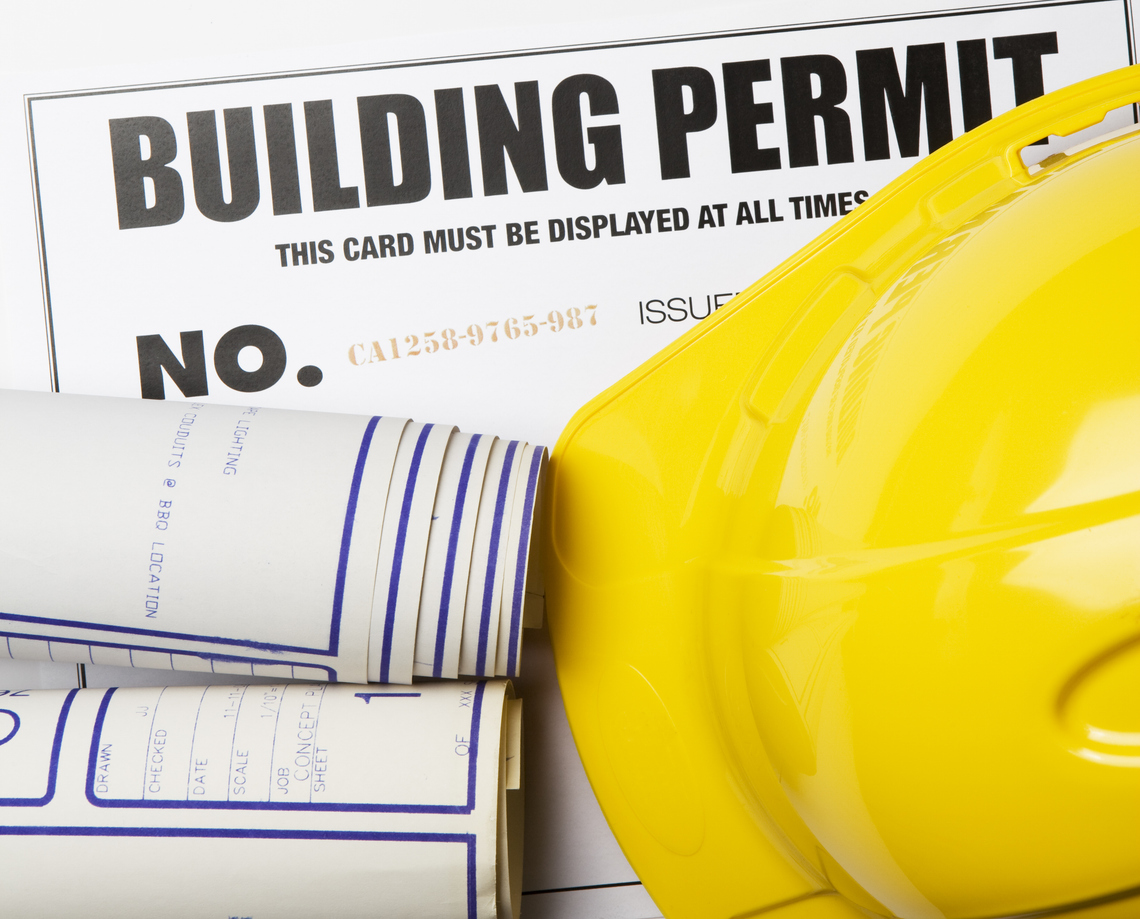The Insurance Journal recently ran a story about a Florida insurance company dropping its administrative petition1 that asked whether a public adjuster working on a claim violates Florida statutes when the public adjuster’s relatives own the remediation or restoration company performing work on the claim.
Here is the applicable Florida statute:
Public adjusters; prohibition of conflict of interest.—A public adjuster may not participate, directly or indirectly, in the reconstruction, repair, or restoration of damaged property that is the subject of a claim adjusted by the licensee; may not engage in any other activities that may be reasonably construed as a conflict of interest, including soliciting or accepting any remuneration from, of any kind or nature, directly or indirectly; and may not have a financial interest in any salvage, repair, or any other business entity that obtains business in connection with any claim that the public adjuster has a contract or an agreement to adjust.2
The insurance company’s petition stated in part:
Routinely homeowner insurance claims are reported by a public adjuster on behalf of a policyholder to address damages sustained during a water leak event. In addition, the homeowner insurance carrier received invoices and demand for payment under an executed Assignment of Benefits (AOB) or Direction to Pay (DTP) from third party water mitigation and/or mold remediation companies for services reportedly provided to the insured property for the same loss which the public adjuster had been retained. My investigations have revealed a direct relationship between the public adjuster and owner/principle [sic] officer of the water mitigation/mold remediation company. These relationships have been found between multiple public adjusters and their associated water mitigation/mold remediation providers. In addition, an audit of claim files involving these water mitigation/mold remediation providers have concluded that the public adjuster retained in these claims are [sic] the same in the vast majority if not all the claims reported.
The relationships that the insurer complained of appeared to be between family members—the public adjuster had a relative who was a principal of the contractor or remediation company. Whether this is a violation of the Florida statute—and the answer to this blog post—is, “I don’t know.” What does “direct or indirect” mean?
Other states have different statutory schemes for public adjusters referring business to contractors and receiving compensation or owning the contracting firm. For instance, New York Law Affecting Public Adjusters Owning or Having Interest in Contracting, Repair, and Service Businesses, discusses the very complex New York law which allows public adjusters to refer business and take a referral fee as well as being able to own an interest in a construction company, so long as certain requirements are met.
Another example is Illinois, where the contractor can be the public adjuster on the same claim. Accordingly, most public adjusters in Illinois are contractors or have favored construction firms where they provide repeat business—the same activity that the Florida insurance company argued as being illegal based on the cited statute.
On the other hand, the National Association of Public Insurance Adjusters (NAPIA) has a longstanding ethical prohibition of its members acting as contractors. In its code of ethics, it is stated:
Public adjuster members shall not act as a contractor in the mitigation, repair, restoration of, or act as a salvor of damaged property (as related to First Party Property Insurance Losses).
The Insurance Journal indicated that the insurance company dropped this petition. However, it also indicated that the company might take it up in a more appropriate forum, whatever that means.
Thought For The Day
The main business of a lawyer is to take the romance, the mystery, the irony, the ambiguity out of everything he touches.
—Antonin Scalia
___________________________________________
1 In the Matter of: David Dominguez, Petition For Declaratory Statement Before The Florida Department of Financial Services (filed July 19, 2021).
2 Fla. Stat. §626.8795.




